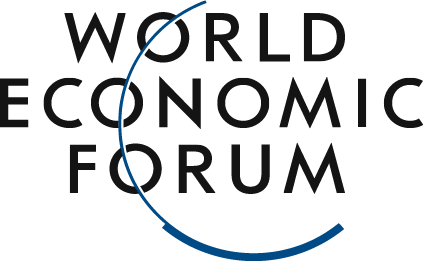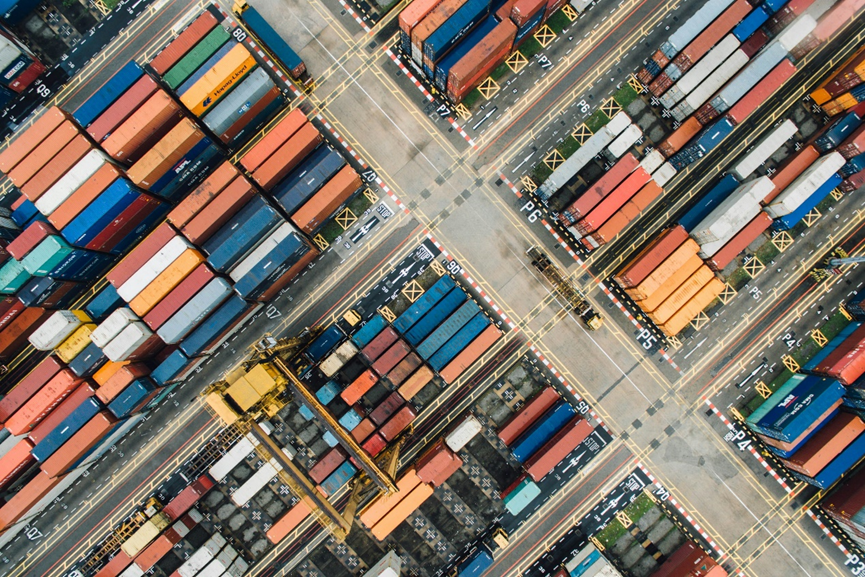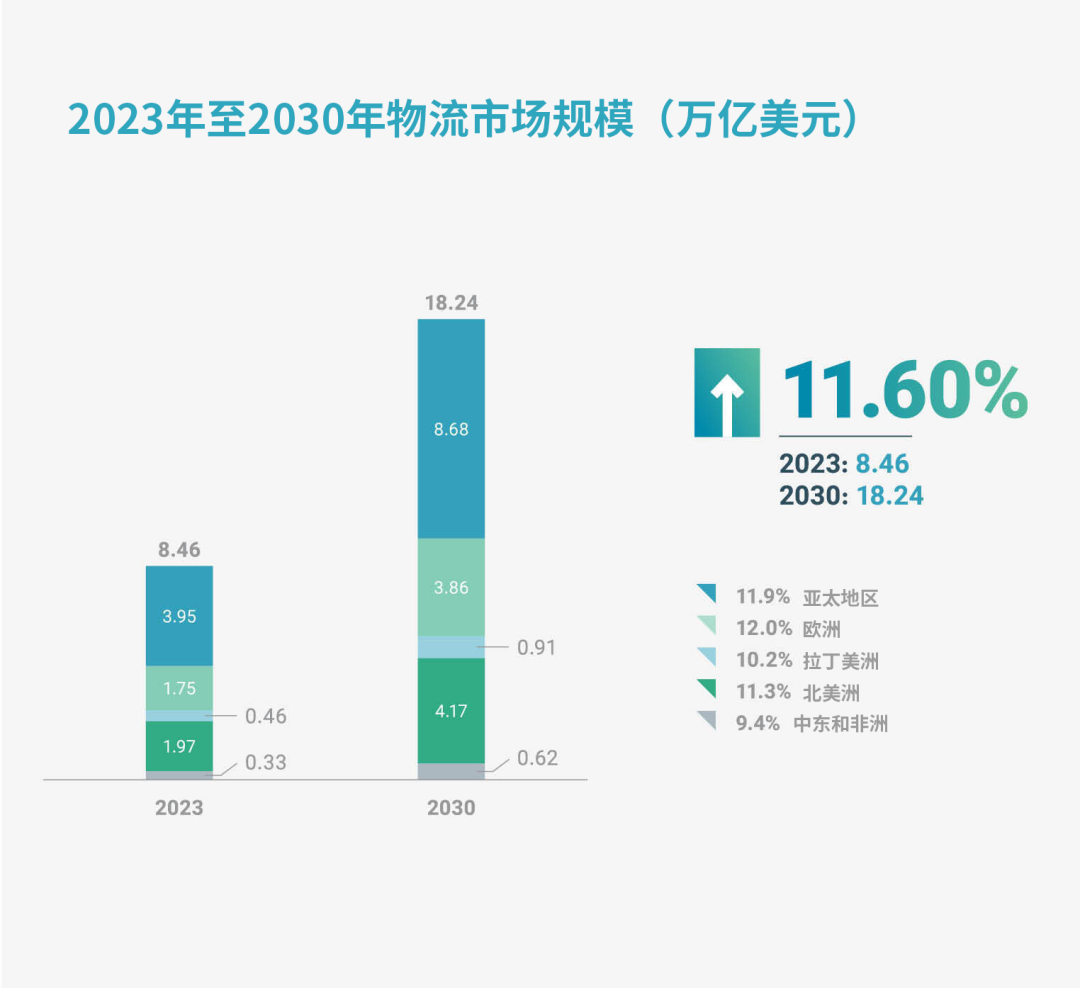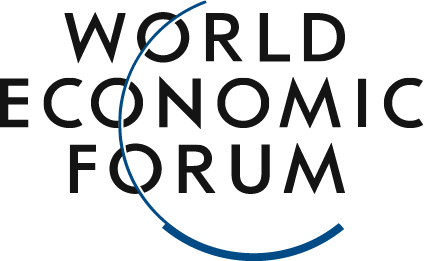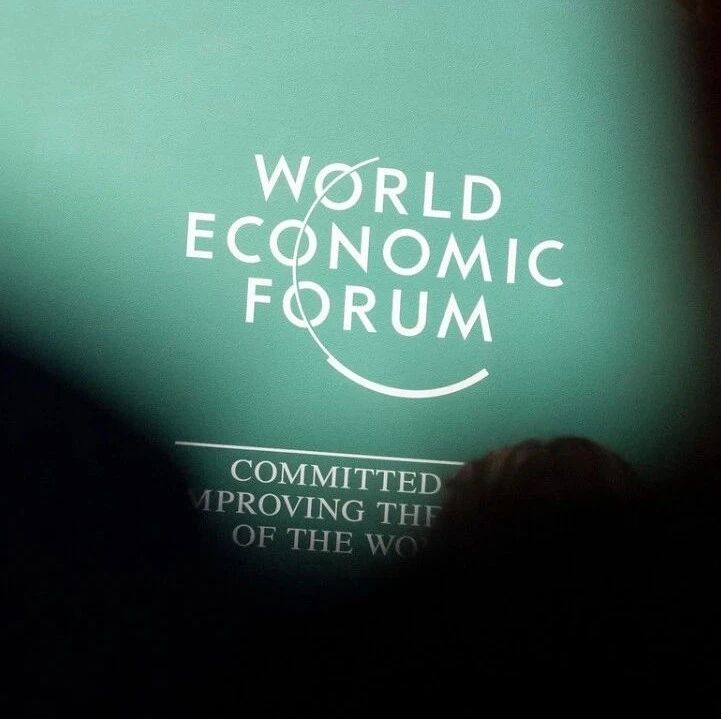:CHUTTERSNAP/ Unsplash
Ali Alwaleed Al-Thani
Sheikh Mohammed Al-Thani
:
:Qatar Investment Promotion Authority (Invest Qatar)
Five Major Trends Shaping the Development of the Logistics Industry1. Artificial Intelligence and the Expansion of E-commerceThe rise of e-commerce has created a growing need for artificial intelligence (AI) to deliver faster, more efficient logistics solutions. By leveraging sophisticated algorithms and advanced machine learning technologies, AI can help e-commerce platforms analyze vast amounts of data, optimize pricing strategies, and ultimately enhance customer satisfaction and loyalty. Amid this transformative impact, the "Gitnux 2024 Market Data Report" reveals that AI-driven innovations in the logistics sector are projected to reach a value of $12.87 billion by 2026. Industry leaders like Amazon and DHL have already integrated AI into their operations, driving innovation and elevating the customer experience through e-commerce platforms.Emerging trends in sustainable logistics, such as the adoption of alternative fuels, electric vehicles, and carbon offset programs, clearly demonstrate the feasibility of eco-friendly transportation. In 2023, the transportation sector accounted for as much as 24% of global greenhouse gas emissions. In response, DHL has committed to achieving net-zero emissions related to its logistics operations by 2050. This transition toward sustainable supply chains not only helps protect the environment but also enhances efficiency and reduces costs.3. Bridging the Talent Gap: Addressing the Growing Demand for Tech ProfessionalsA survey by the Material Handling Institute (MHI) and Deloitte reveals that 57% of respondents reported difficulties in hiring and retaining qualified workers. As a result, governments around the world are implementing multifaceted talent development strategies to address labor shortages. For instance, Germany’s vocational education and training (VET) model employs a hands-on approach, equipping students with relevant skills. Meanwhile, other countries are rolling out government-backed residency programs—such as Qatar’s Mustaqel initiative, designed to attract global talent.4. Relocation Back Home/Nearshore Outsourcing: Returning to the HomelandOver the past decade, global market disruptions have led more than half of the global companies surveyed by QIMA (57%) to identify nearshoring as a critical component of their supply chain strategies, aiming to bring production and distribution closer to end markets. Additionally, reshoring or nearshoring initiatives can help create local employment opportunities and stimulate economic growth within communities.Geopolitical events can significantly impact logistics by influencing freight rates, trade flows, and supply chains. According to data from the World Trade Organization (WTO), trade tensions between the U.S. and China have escalated since 2018, leading to a sharp surge in tariffs—effects that, in 2019 alone, affected goods worth over $700 billion. Similarly, recent attacks on ships passing through the Suez Canal, as reported by UNCTAD, have caused shipping volumes there to drop by approximately 42% compared to peak levels. Consequently, the search for alternative routes has not only extended cargo transportation distances but also driven up trade costs and insurance premiums.Returning to the key question raised earlier—namely, the current state of the logistics industry at this critical moment—responses may vary across different countries.Looking at countries ranked highly in the World Bank’s Logistics Performance Index—such as Singapore, Germany, and the Netherlands—it’s clear that these nations are leveraging emerging technologies like blockchain, the Internet of Things (IoT), and artificial intelligence to streamline supply chain operations and boost efficiency. Moreover, governments in these countries are actively collaborating with private-sector stakeholders to foster innovation and tackle pressing challenges, including sustainability and digital transformation.As we explore the future path of the logistics industry, it’s clear that countries around the world have quietly reached a consensus: investing in infrastructure, technology, and talent development. Qatar, meanwhile, stands at the forefront of this global endeavor, serving as a beacon of innovation and progress. According to the 2024 Agility Emerging Markets Logistics Index, Qatar ranks seventh globally in terms of logistics capabilities, while in the 2023 Network Readiness Index, it claimed second place regionally.The Qatar Free Zones Authority (QFZ) is a key driver of the country’s logistics industry, spearheading a range of initiatives aimed at fostering its growth. To date, Qatar’s free zones are home to four of the world’s top 10 logistics companies, and the authority continues to integrate innovative technologies like artificial intelligence into the sector. At the same time, QFZ is actively developing new assets, including a state-of-the-art regional distribution center. These strategic efforts have further strengthened Qatar’s robust logistics infrastructure, attracting fresh players to the market and solidifying the nation’s position as a global leader in logistics.
This article was jointly published by the World Economic Forum and Logistics Gulf News.Translated from the World Economic Forum Agenda blog; the Chinese version is for reference only.Feel free to share this in your WeChat Moments; please leave a comment below if you'd like to republish.
Translated by: Sun Qian | Edited by: Wang Can
The World Economic Forum is an independent and neutral platform dedicated to bringing together diverse perspectives to discuss critical global, regional, and industry-specific issues.
Follow us on Weibo, WeChat Video Channels, Douyin, and Xiaohongshu!
"World Economic Forum"
